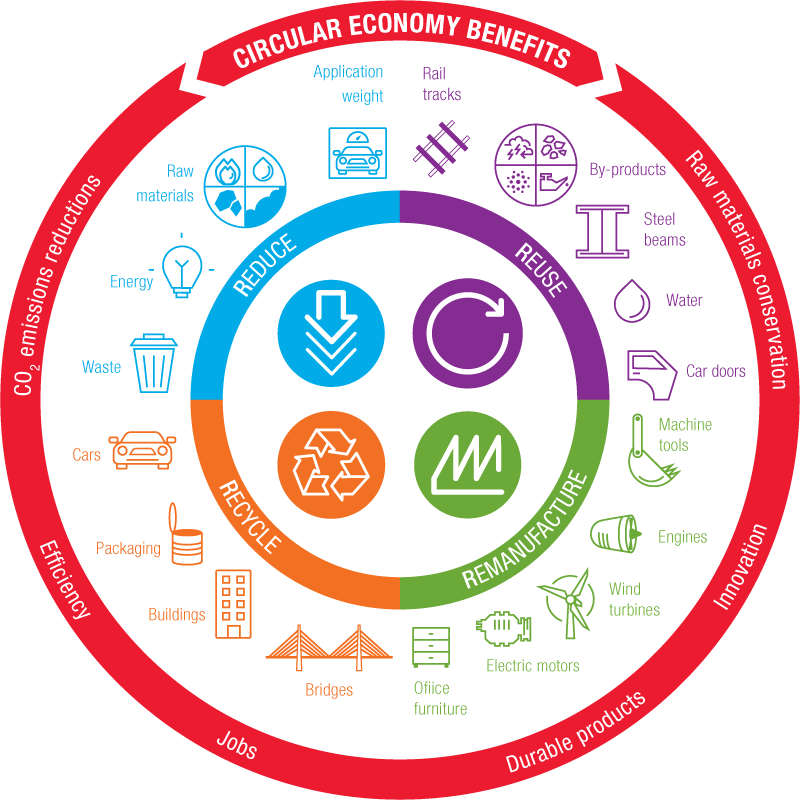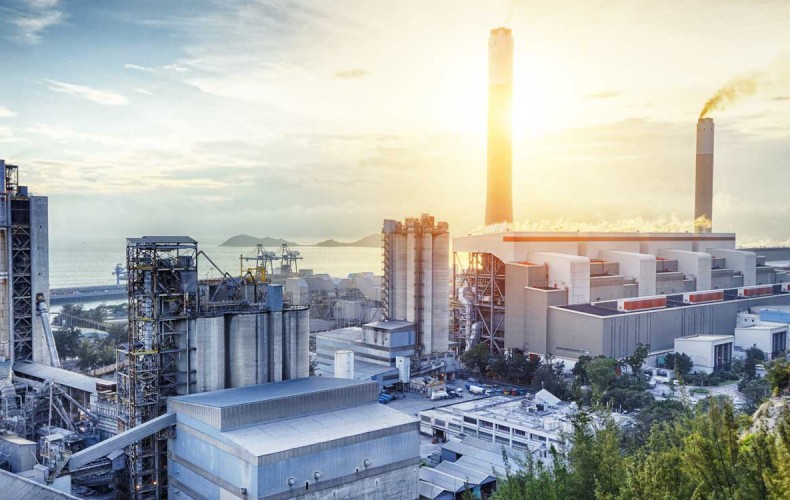Donald Trump’s rejection of the Paris Agreement this month could be the most harmful decision to the future of our planet, ever.
His intention to resurrect the United State’s old industries of mining and coal has brought widespread condemnation from business leaders and oil giants alike. Facebook’s founder and CEO, Mark Zuckerberg said that the withdrawal was “bad for the environment, bad for the economy and it puts out children’s future at risk”. This was echoed by Lloyd Blankfein, the chief executive of Goldman Sachs, who condemned the President’s move in his first ever tweet.
Potentially turning the clock back decades on environmental policy, what does Trump’s decision mean for the future?
As part of the research for our upcoming sci-fi films imagining life in 2097, we spoke to university professor David Gibbs about the challenge of reconciling global industry and consumption with the need to live sustainably.
David argues that sustainable economies depend on transformations at every level: from government policy to local networks and ‘green entrepreneurs’ such as the UK farmer who transformed his farm to grow crops for eco-friendly building materials. Ideas such as the ‘steady state’ economy and the ‘circular’ economy – championed by the Ellen MacArthur Foundation – seek to accelerate this transformation.

David points to these and to the development of renewable energy, like the gigantic Siemens factories in both Hull and Denmark – producing 75 metre long rotor blades for wind farms in the North Sea – as showing promise that sustainable thinking is now going mainstream.
He frames the challenge today as one of imagination and re-invention.
Can we transform industry to meet our appetites for consumption in a way that is sustainable?
Have your say and follow the conversation using the hashtags #Its2097 and #ExpertInterview




